Othello breaks my heart. Every. Single. Time.
Unlike many—scholars, directors, actors—who have given up on the Moor of Venice, I find myself returning to him more often that I’d like. I approach Shakespeare’s text with a cognitive dissonance that I do nothing to hide. Instead, I imagine that something may turn out differently. That the text will give me some clue of a redemptive moment that I had not found before. That some poetic turn of phrase will reveal that Iago’s treachery has been discovered, and Othello’s murderous jealousy checked. I invent an alternative universe in which Desdemona lives and Othello smites not the malignant and turban’d Turk, who is ultimately himself, but rather the blue-eyed devil who plotted against him. It is not Shakespeare I want to redeem, but this character he has created.
None of this happens. Othello’s fate, his slide into jealous violence, his belief in Iago’s lies are all faithfully chronicled in the text. I want Othello to burn it all down. To speak and act differently despite the words that bind him. To rebel against the script in which he is trapped.
How would our view of Othello change if we knew he were a Muslim?
But the text hasn’t really changed in over four centuries. When I am reading Othello, I am reading it through over four hundred years of racial hierarchies, empire building, conquest, genocide, chattel slavery, and crusader faith. Othello is a testament to what Willie Jennings calls a “diseased social imagination.” Reflecting on the largely forced conversion of Muslims (read: Moors) and Jews on the Iberian Peninsula after the so-called Reconquista, Jennings offers this:
It did not matter whether the conversion of Jew or Muslim was forced or chosen; their Christian identity was troubled. It was a dangerous Christian identity owing to the possibility of their return to Judaism or Islam. There was also the frightening possibility that they might be secretly practicing Jews or Muslims, lodged deep in the Christian body.
It is this troubling that brings me back to Othello. The racist (il)logics of the diseased European Christian social imagination necessitate that Othello’s Blackness is welded to his Muslimness. The racial difference is mediated through his confession. His Blackness isn’t just offensive. When present with his Muslim faith, it is a sign that Othello is dangerous.
Hold on a second: is Othello actually a Muslim?
It was the question that the brilliant Richard Twyman, artistic director of English Touring Theatre, asked me in 2016 as he was beginning to imagine a new production of Othello. More precisely, he asked me, “What if Othello is a Muslim?” My answer was in the form of another question: how could he not be a Muslim? He is, after all, a Moor. His connection to Islam was already written into his titular characterization.
I can see how some might have pursued a more cautious line here. Why bring Islam into the historical and racial mess of the play? Let patriarchy, gendered violence, and the twisted vision of cultural superiority take the fall for Othello’s misdeeds. No reason to bring Muslim confession into it, especially when Islam—in our time and before our time—has become a foil for all these other malevolent social diseases anyway.
In truth, I could barely hide my asabiyyah, that profound—nay, tribal—sense of being in solidarity and community with other Muslim confessing bodies. To work on this production (as I eventually did as creative consultant) would be an opportunity to do the impossible: save Othello. I use the word “save” not in the sense of excusing his violence, but in the sense of understanding why the burden of violence is placed on him in the first place. It was an opportunity to redeem Othello’s humanity. To understand why he did what he did and the conditions that pushed him to make those deadly choices.
Shakespeare’s text is so affecting and allows us such an interpretive playing field precisely because Othello (as a character with character) is at odds with the Venice of which he is ostensibly the Moor. Venice has only the veneer of civility and wealth. It is a place of moral ambivalence, sexual licentiousness, and political corruption, run by a cadre of elite families who can barely suppress their contempt for the working classes and their hostility to the foreign Other. Othello is Venice’s opposite in every way. His courage is unassailable, his military acumen is praised, and his mild and considered affect is exemplary. The lurking sense of risk of turning the defense of Venice and it’s most potent, grave, and reverend signiors to a Moor, which sits so close to the surface of the Venetian mind, seems to be mitigated by the Moor’s seeming assimilation, his conversion to Christianity, and the way he relegates his own experiences to nostalgia when he speaks to Desdemona of his past exploits and life experiences. He tells the story of his life as a warrior and slave torn from his homeland and faith as one would tell the tale of a swashbuckler. In short, he sublimates his true self.
Richard Twyman’s challenging question thus led to another question: is there a way Muslimness might complicate this assimilation? Wasn’t Othello the first theatrical character/creation to wrestle with double consciousness, a true exemplar of that Du Boisian paradox? The—perhaps unintended—prescience of Shakespeare’s writing makes Othello, the Moor of Venice, compelling and brings me back repeatedly to a text that I know will break my heart.
How would our view of Othello change if we knew he were a Muslim? Not merely the Moor of Venice—the slave-convert to Christianity—but an actual believer? What if, to protect his life and true faith, Othello learns to adapt and navigate the foreign ways of his Venetian masters so convincingly that he becomes the general of their armies—armies that bear the cross and seek conquest over their Turkish (read: Muslim) enemies? With a nod, again, to Du Bois: Othello is English literature’s first code-switcher.
As I began to read the text with Othello’s Muslim identity squarely affixed to our interpretive lens, I was drawn to how cosmopolitan and at home in the world he is. I can relate. Like Othello, I carry many nations, languages, identities, homes, and ethnicities in me. Like Othello, many of us have had our lives shaped by conquest and shifting borders, even before we were born. No amount of declaring our birthrights and our citizenships can ever push us out of that dreaded fifth column.
Like Othello, I carry many nations, languages, identities, homes, and ethnicities in me. Like Othello, many of us have had our lives shaped by conquest and shifting borders, even before we were born.
To assert Othello’s Islam is far more subversive than it may seem at first. In Othello’s time, like our own, faith is not merely a religious confession. It is a communal and political identity. It is tied up with power and conquest. It is the basis for social acceptance and rejection. It carries with it culture and practice.
What if Othello lived his confession in secret, switching almost seamlessly between a public Christian artifice and a private Muslim authenticity?
Othello, as a resident of Venice, would have known that, in 1516, the city established the first ever Jewish ghetto whose inhabitants had to wear special identification, were restricted to few professions, and were locked into the neighborhood at night under armed guard. He might also have known that while Jews eventually built synagogues and were allowed some form of community, Muslim traders to the city from the Ottoman Empire and beyond were sequestered in buildings away from the local population and denied a proper place to congregate for prayer. In fact, no mosque has ever been built in Venice. Attempts by an Icelandic artist to establish a mosque as an artistic installation during the 2015 Venice Biennale were shut down within two weeks of its opening.

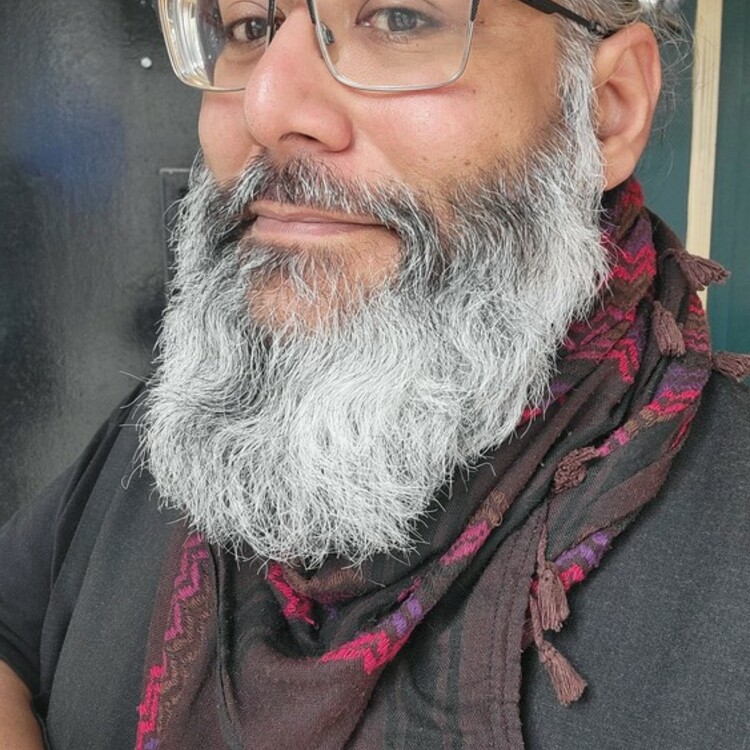
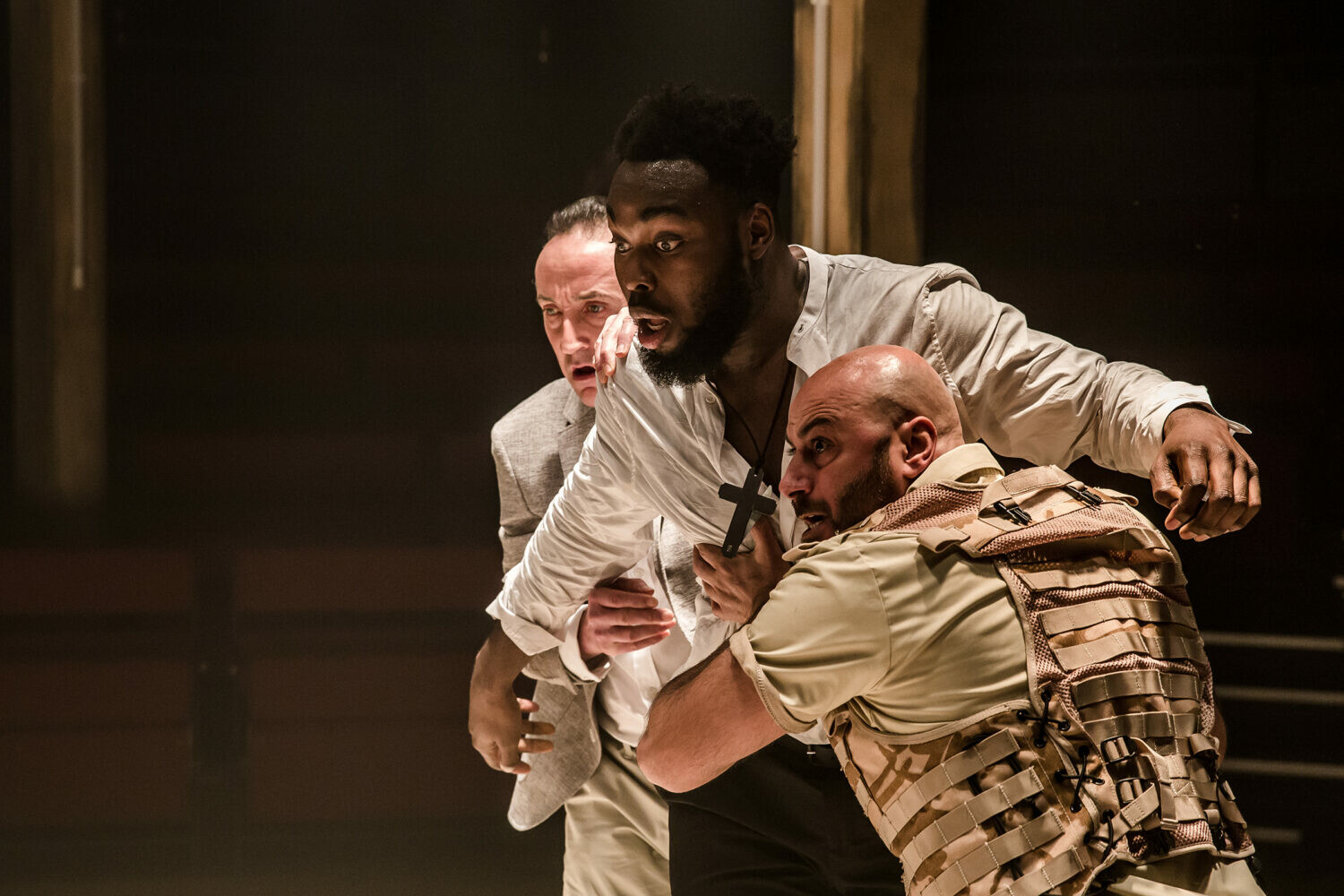
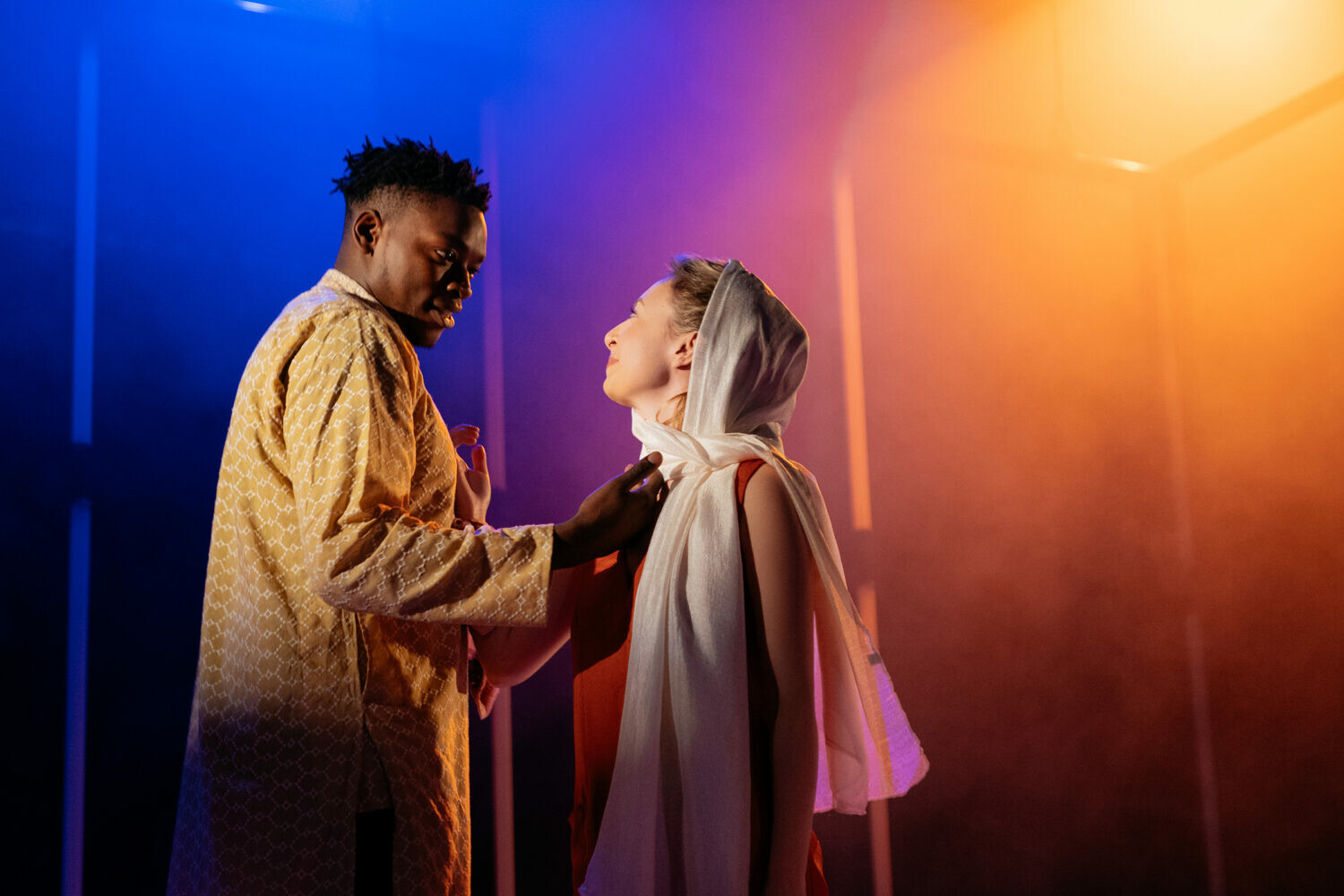
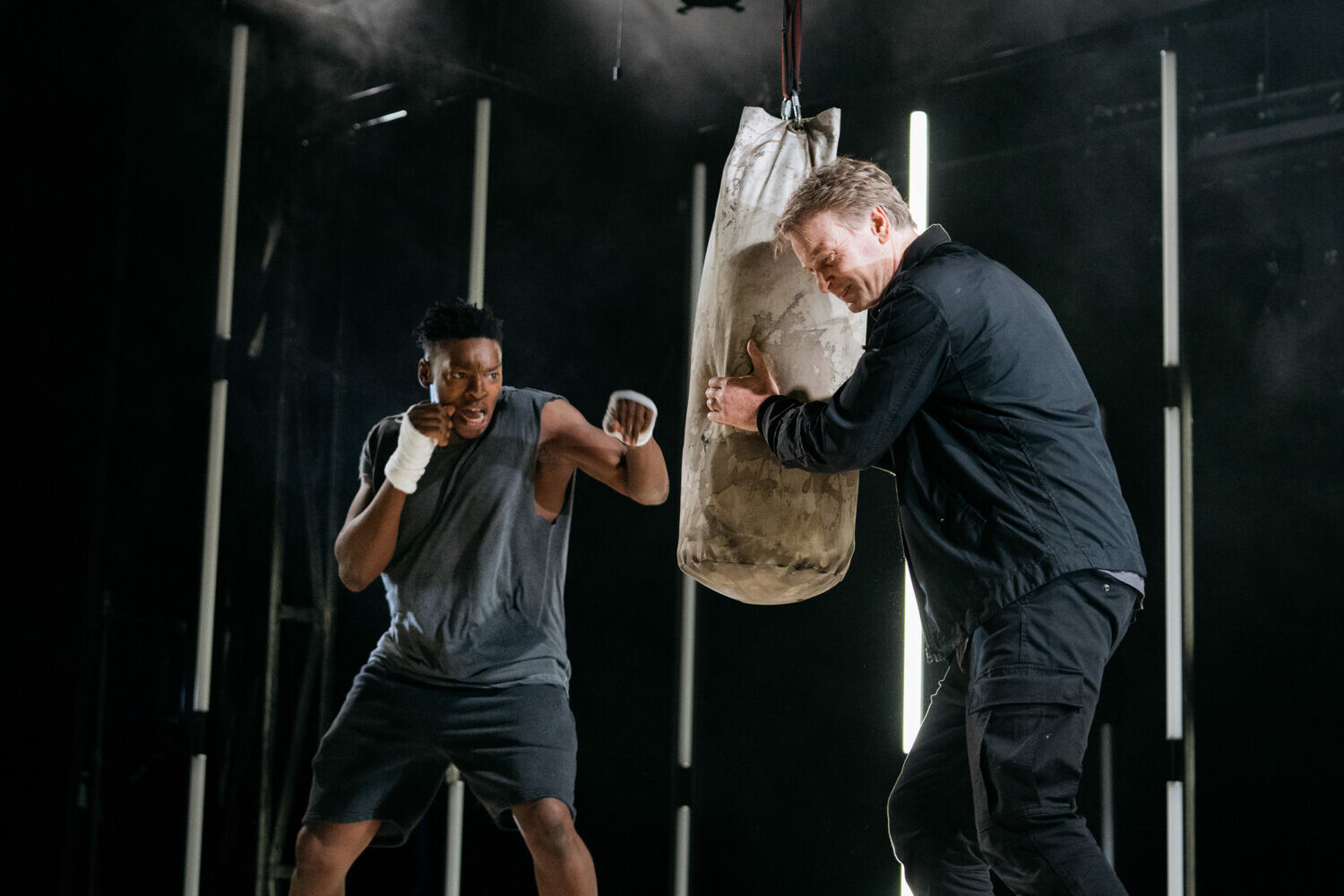
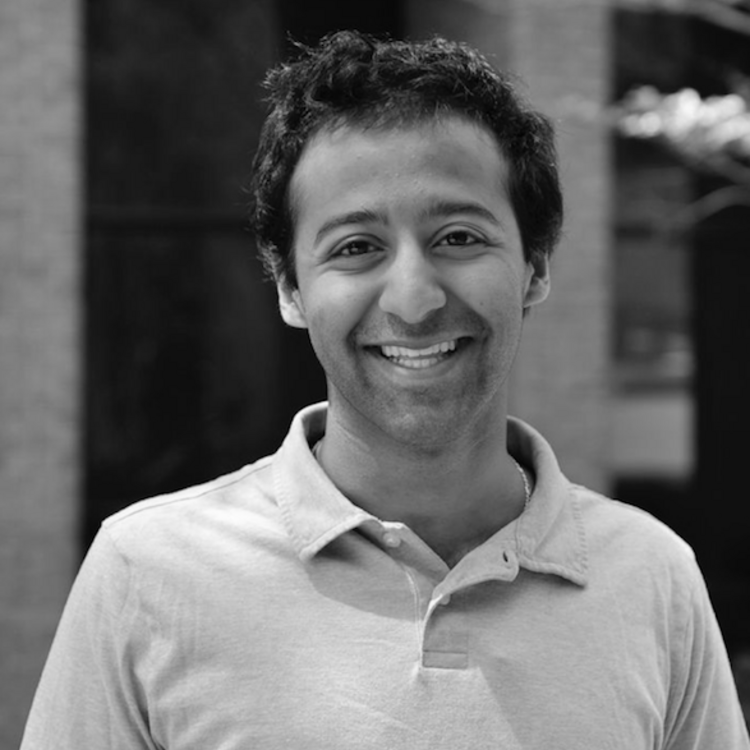
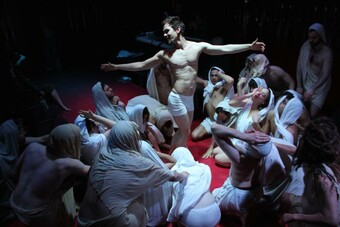

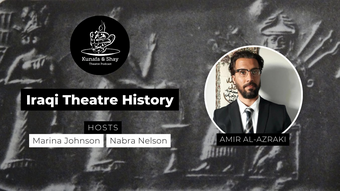





Comments
The article is just the start of the conversation—we want to know what you think about this subject, too! HowlRound is a space for knowledge-sharing, and we welcome spirited, thoughtful, and on-topic dialogue. Find our full comments policy here